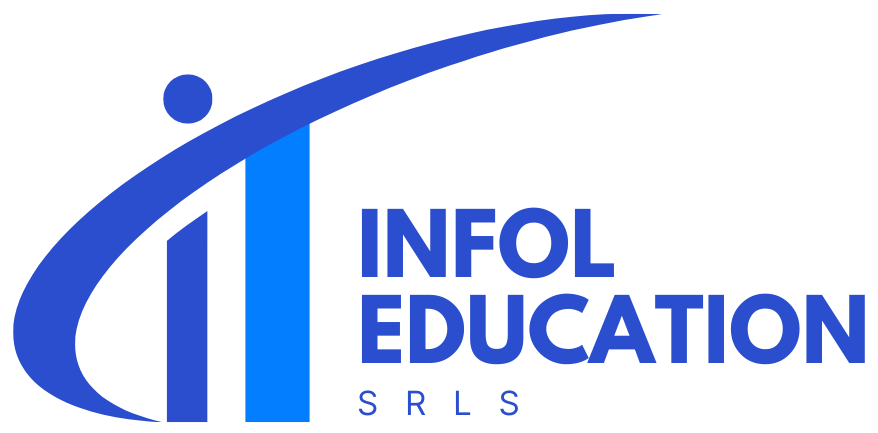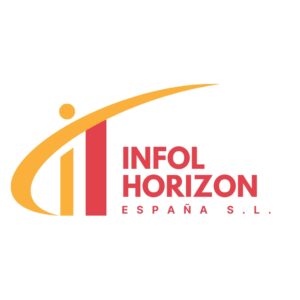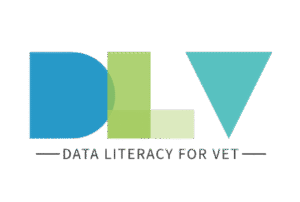DESCRIPTION
In today’s diverse educational landscape, educators are faced with the rewarding challenge of teaching students from various cultural backgrounds. Creating an inclusive learning environment that respects and embraces this diversity is essential for fostering meaningful learning experiences and achieving equitable outcomes.
“Inclusive Teaching Methods: Management of Multicultural Groups,” is designed to empower educators with the knowledge and skills needed to excel in multicultural classrooms. Participants will explore the principles of diversity, inclusion, and intercultural communication while gaining practical strategies for effectively managing and teaching culturally diverse student populations. This course is suitable for educators, school administrators, and anyone involved in teaching or managing multicultural classrooms. It is ideal for those seeking to create inclusive educational spaces that celebrate diversity and promote equity in learning outcomes.
Lesson 1:Introduction to Diversity and Inclusion
– Understanding cultural diversity and its significance in education
– Identifying the unique needs of students from diverse backgrounds
– Exploring theories of intercultural learning
-Lesson 2:Pedagogical Strategies for Inclusion
– Designing inclusive lesson plans to meet diverse student needs
– Adapting teaching materials for a multicultural context
– Developing effective communication skills for diverse classrooms
Lesson 3:Conflict Management and Intercultural Dynamics
– Identifying and addressing conflicts in multicultural classrooms
– Navigating the role of the teacher as a mediator
– Promoting constructive dialogue and mutual understanding
Lesson 4:Collaboration between Teachers and Parents
– Engaging parents from diverse cultural backgrounds in the educational process
– Cultivating effective communication with culturally diverse parents
– Collaborative strategies for enhancing student success
Lesson 5:Assessment and Measurement of Inclusion
– Implementing inclusive assessment methods that mitigate biases
– Monitoring the progress of students from multicultural backgrounds
– Fostering an inclusive learning environment through assessment
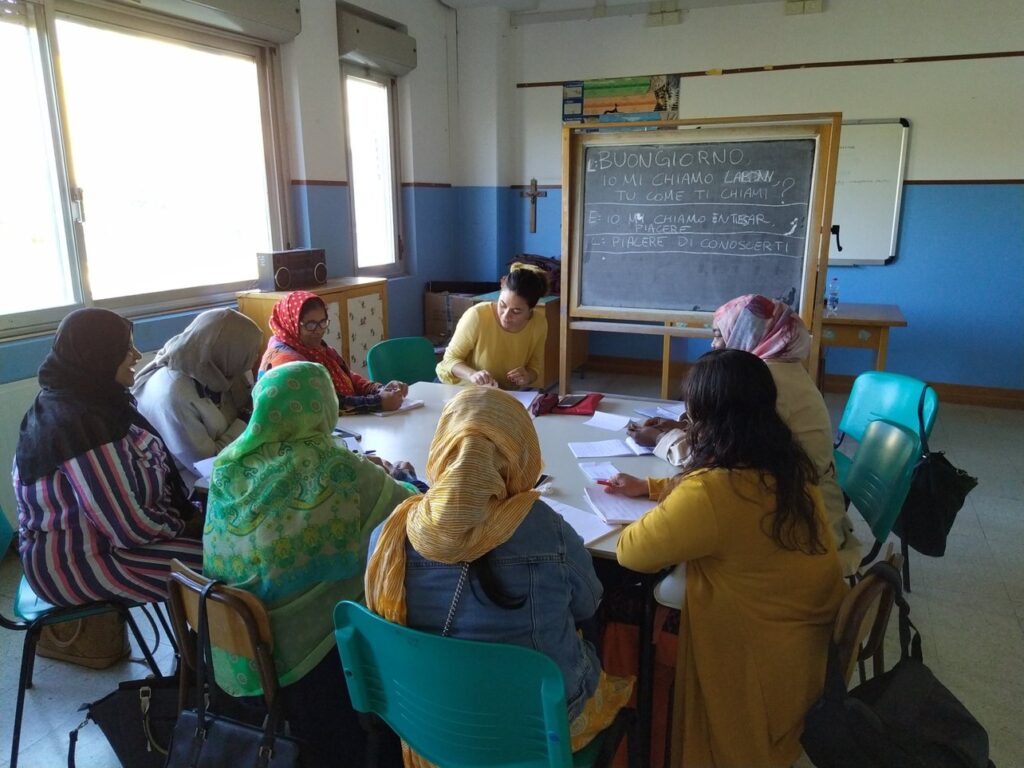
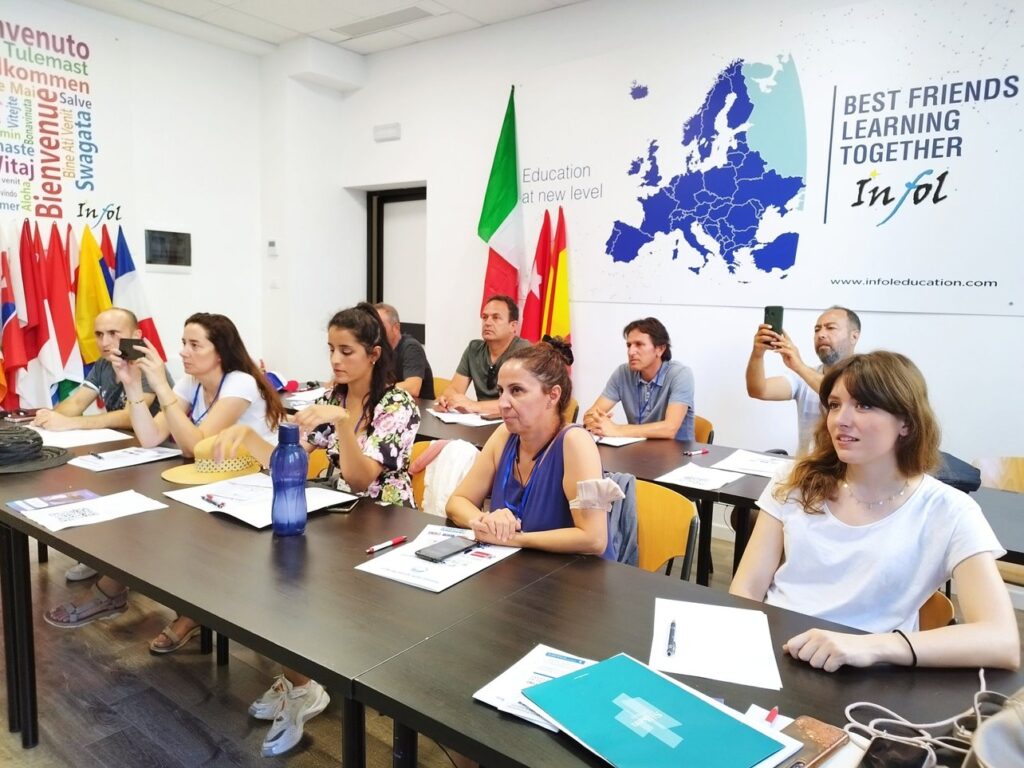


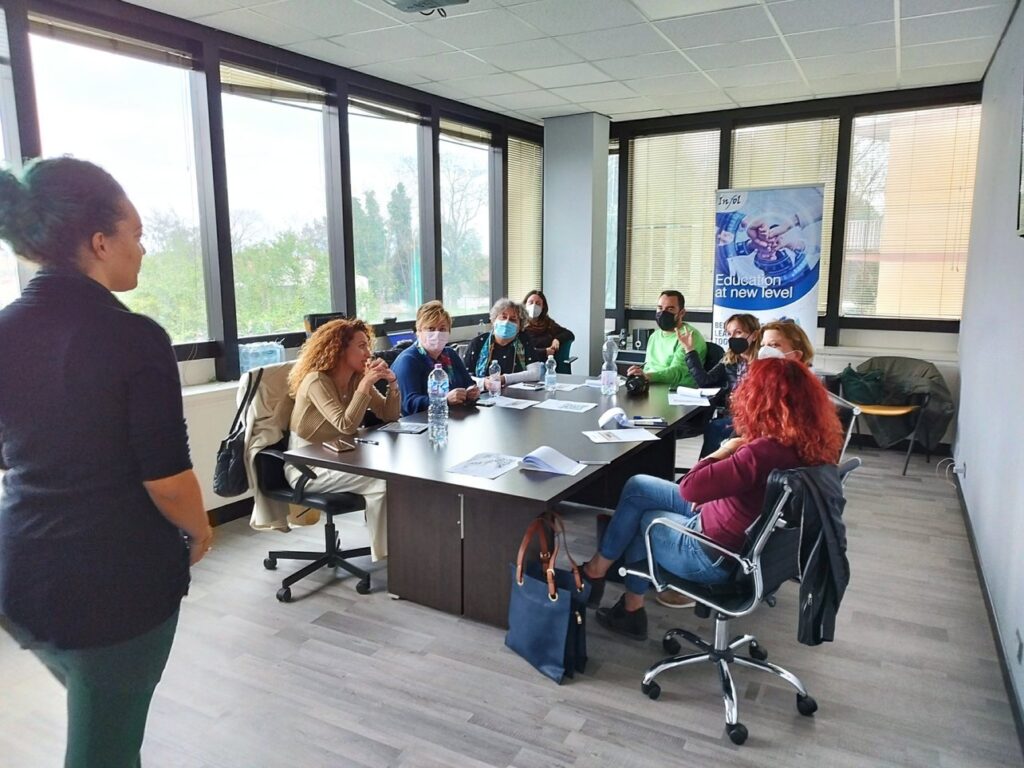


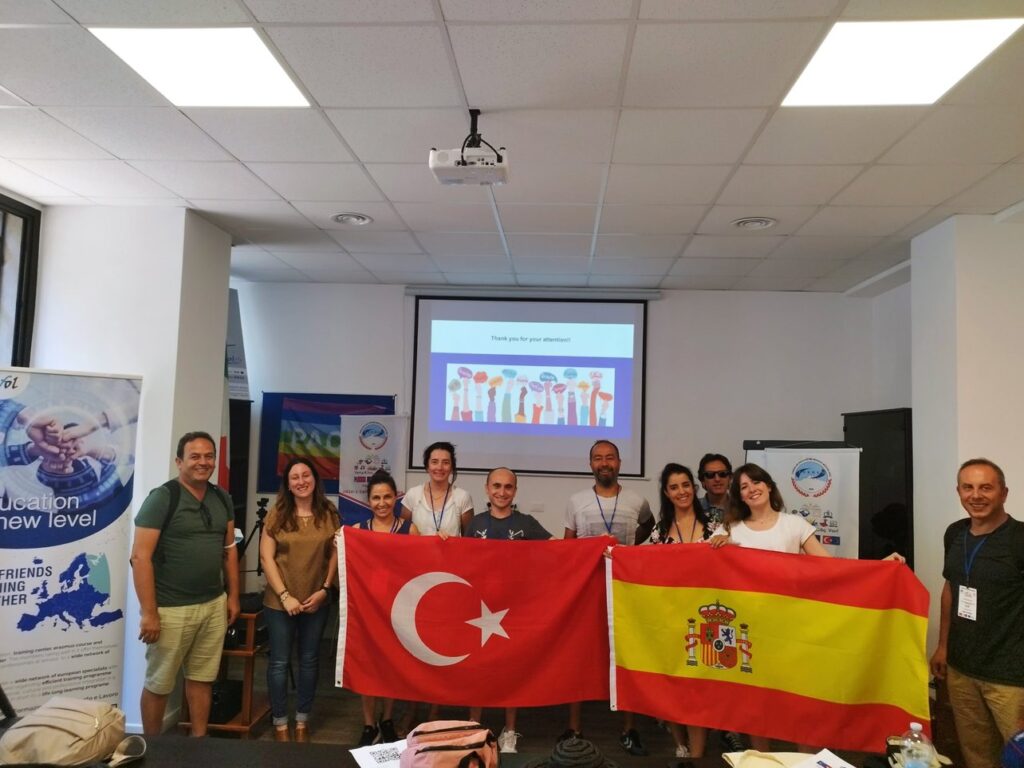
Objectives
Participants will actively engage in discussions, practical activities, and case studies, ensuring a hands-on and immersive learning experience.
By the end of this course, participants will be equipped with the knowledge and tools to effectively manage multicultural groups and create inclusive learning environments that empower all students to succeed. Join us on this journey toward more inclusive and equitable education.
General Learning Outputs:
Upon completion of this course, participants will be able to:
1. Understand the importance of cultural diversity and inclusion in education.
2. Identify and respect individual needs of students from diverse cultures.
3. Apply effective pedagogical strategies to promote inclusion in multicultural classrooms.
4. Manage conflicts and intercultural dynamics constructively and fairly.
5. Collaborate effectively with parents of students from diverse cultures.
6. Evaluate the progress of multicultural students fairly and inclusively.
7. Create an inclusive learning environment that fosters the success of all students.
Educational Objectives:
– Educational Objective: Understand the value of cultural diversity in education and recognize personal biases.
– Learning Output: Participants are able to explain the importance of inclusion and identify their cultural biases.
– Educational Objective: Develop skills in designing inclusive lessons.
– Learning Output: Participants can create inclusive lesson plans and adapt teaching materials.
– Educational Objective: Learn conflict management techniques in intercultural contexts.
– Learning Output: Participants can apply intercultural conflict management strategies.
– Educational Objective: Enhance communication and collaboration between teachers and parents.
– Learning Output: Participants can establish effective communication channels with parents from diverse cultures.
– Educational Objective: Implement inclusive assessment methods.
– Learning Output: Participants are capable of developing equitable assessment systems for multicultural students.
These objectives and learning outputs will help guide participants through the course and measure their progress in acquiring the necessary skills to successfully manage multicultural classrooms and promote inclusion.
Methodology
The course will combine theory input and discussion with analysis of practical incidents with the purpose of finding out different possible solutions. The methodology used is mainly content-based language instruction (communication through specific content).Text discussion, oral presentation and discussion, role-playing, self- and meta-reflection, debating and group interaction will be the strategies more frequently used.
- Active methodologies
- Role playing
- Simulations
- New technologies
Certificates
- Europass Mobility
- Certificate of Attendance
Upcoming sessions
Location: Roma
- September 2024: Week 4 (September 23 – 27)
- October 2024: Week 4 (October 21 – 25)
- November 2024: Week 5 (November 25 – 29)
- March 2025: Week 1 (March 3 – 7)
- April 2025: Week 2 (April 7 – 11)
- May 2025: Week 1 (May 5 – 9)
- June 2025: Week 2 (June 9 – 13)
- July 2025: Week 3 (July 14 – 18)
- September 2025: Week 3 (September 15 – 19)
- November 2025: Week 3 (November 17 – 21)
